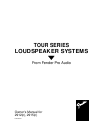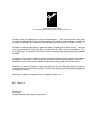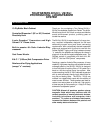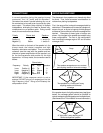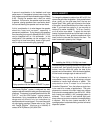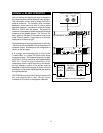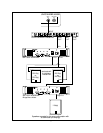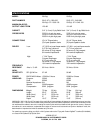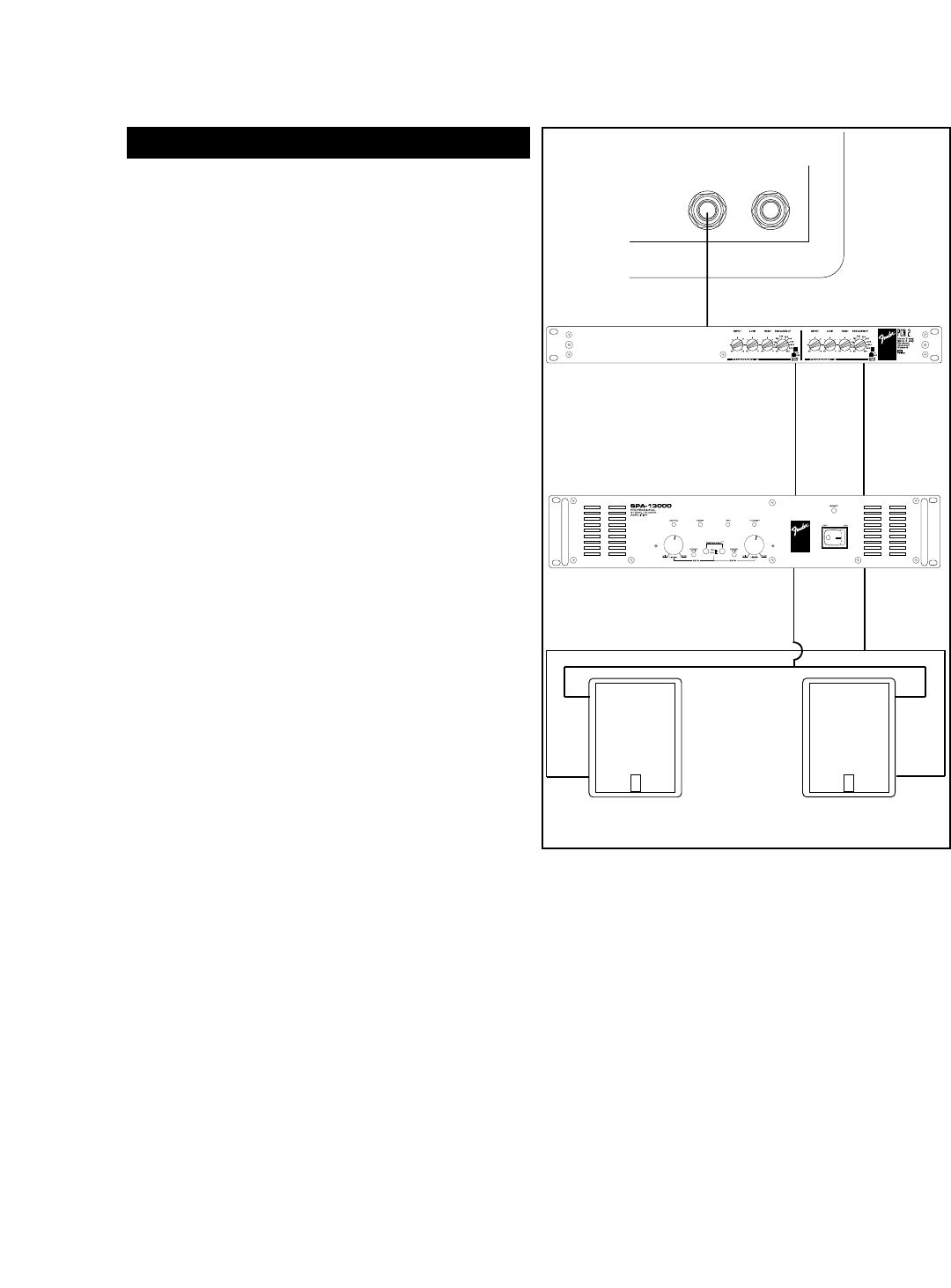
6
Hours of testing and listening are used to determine
the crossover point and filter slopes for each speaker.
This information is then used to design the built-in
passive crossover. For versatility and increased
headroom, some users may wish to use an active
electronic crossover / processor, such as the Fender
PCN-2 or PCN-4, with the system. This electronic
crossover or processor will take the place of the internal
crossover of the speaker system. The "Normal / Bi-
Amp" switch on the back of the cabinet must be set
to the "Bi-Amp" position. A typical set-up of a bi-amp
configuration is shown at right.
For those situations requiring a subwoofer, the 2912(c)
/ 2915(c) can still be amplified if a three-way electronic
crossover is used. An example of this configuration is
shown on the next page.
It is strongly recommended that a fourth-order
"Linkwitz-Riley" or a digital FIR fourth-order active
crossover be used. The crossover frequency, for both
the 2912(c) / 2915(c), should be set at approximately
2000 Hz. Since the output sensitivity of the
compression driver is higher than that of the woofer,
the high frequency output of the system must be
decreased at either the crossover (if such a control is
provided) or at the power amplifier(s) that are used for
the high frequencies.
CAUTION: Be sure to connect the high frequencies
and low frequencies to their correct inputs
indicated on the back of the speaker cabinets.
NORMAL vs. BI-AMP OPERATION
MONITOR
OUT
MAIN
OUT
UNPOWERED MIXER
IN
LOW
OUT
HIGH
OUT
A In
A Out
SPA-13000
POWER AMP
PCN-2
ELECTRONIC CROSSOVER
B Out
B In
SWITCHES
SET TO
EXTERNAL
CROSSOVER
Speakers operated in a bi-amp configuration
2912(c)
or
2915(c)
Hi
Low
Hi
Low
2912(c)
or
2915(c)



